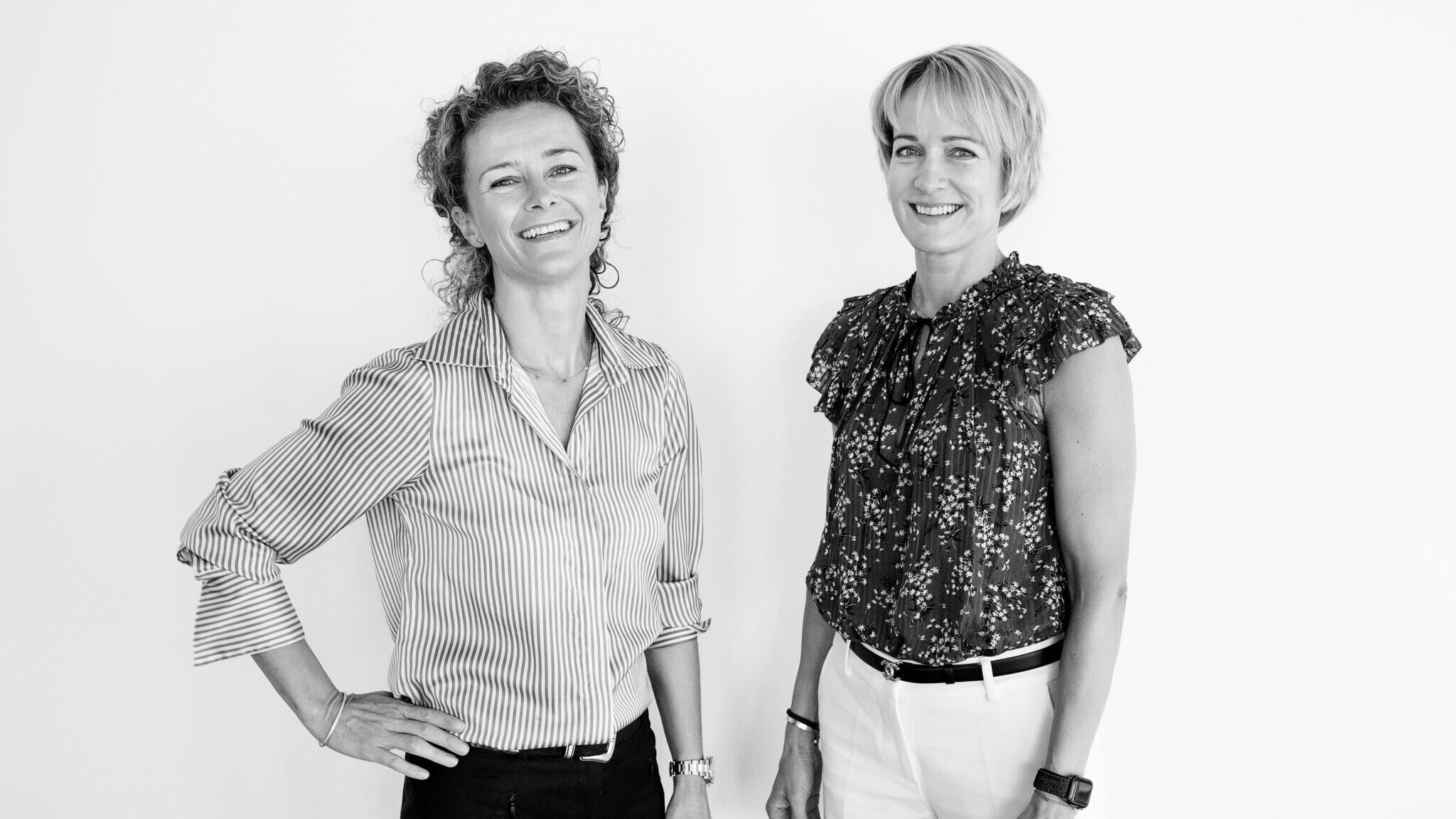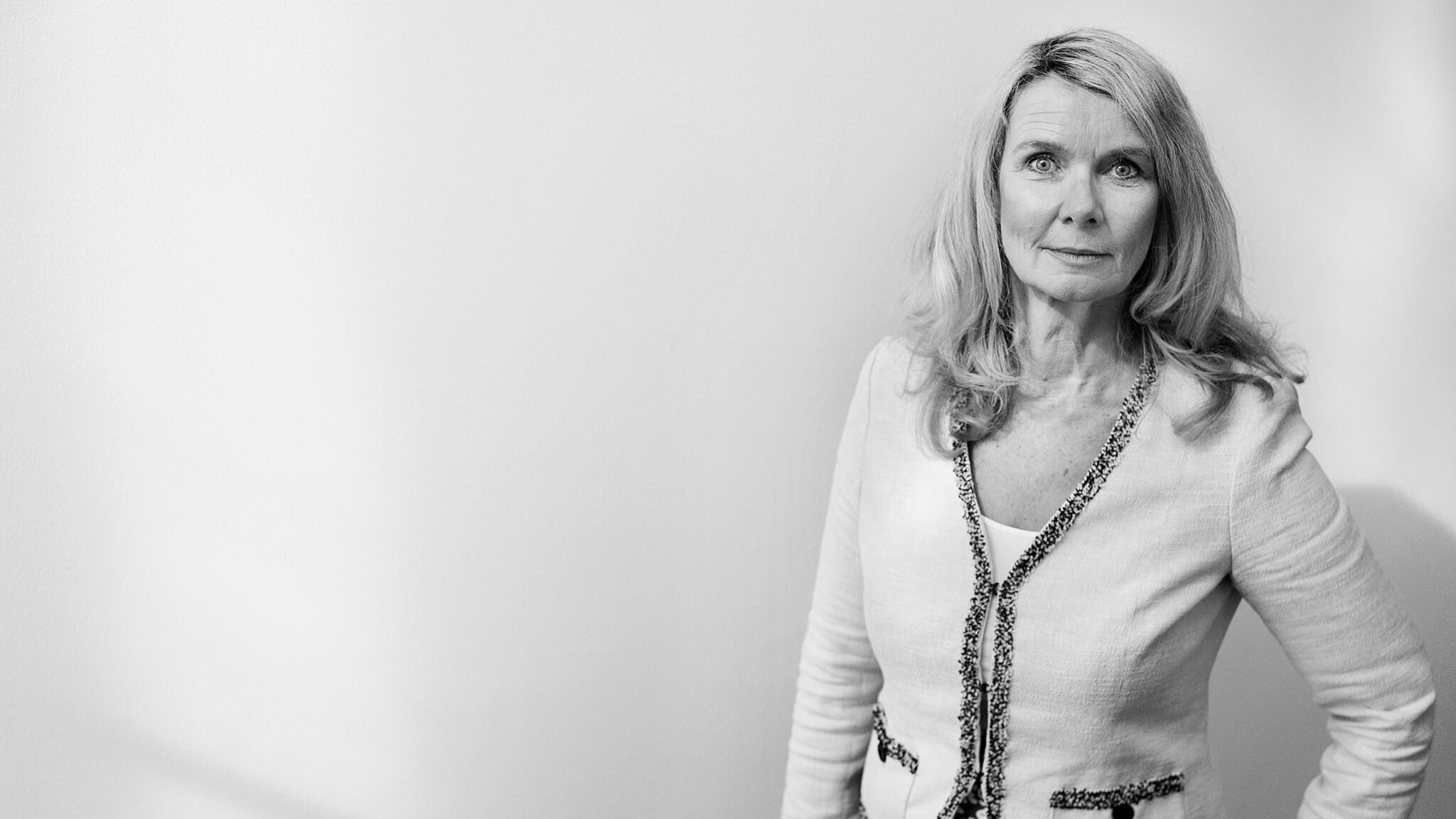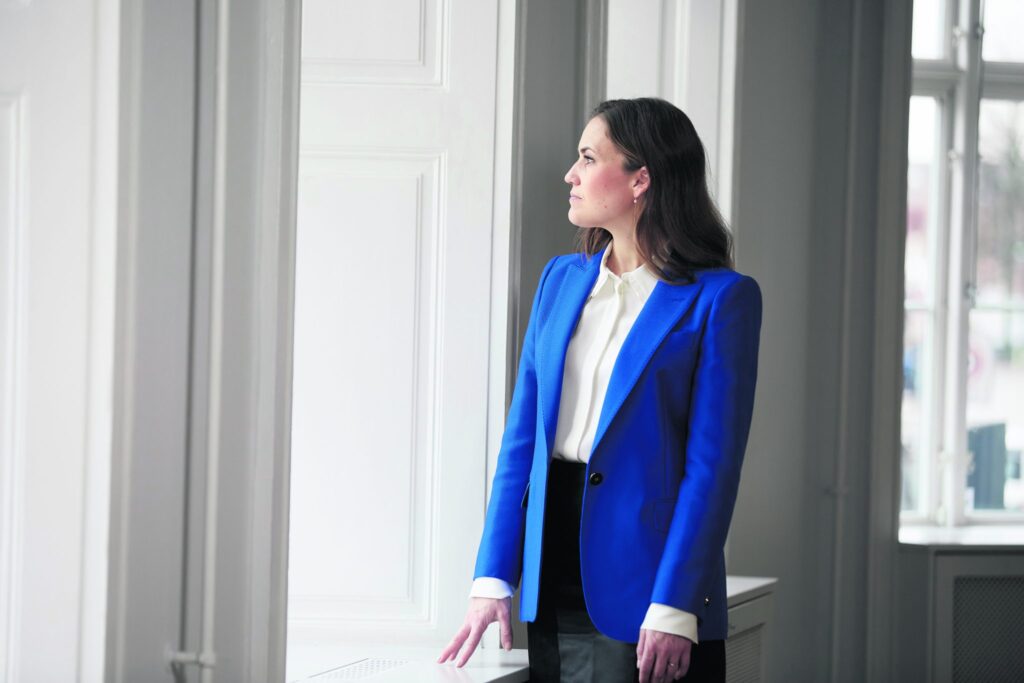Invest

Women Should Not Be Afraid Of Joining The Private Equity Industry – They Should Embrace It
By Nikolai Steensgaard
The Private Equity industry is subject to the same imbalance seen in other finance-related businesses. As you rise on the career ladder and step into number-crunching offices, the dark suits rule. There are a lot of men – and very few women. That might not be very surprising, but you could very well make the argument that it is a paradox.
In contrast to other industries, who are dominated by qualitative leadership goals and thereby subject to opinions and prejudices, Private Equity is different. This industry is all about good investments. Measurable and quantitative results show who is performing best. This is basically an essential difference which should interest women with professional ambitions in finance-related industries, say three savvy women with extensive management experience in Private Equity.
One of them is Sanna Suvanto-Harsaae, who has been chairman of the board in numerous corporations including more than ten owned by Private Equity.
“In Private Equity the creation of value is central. A large part of the job is the ordinary formal stuff like organization and corporate governance – but in reality, you don’t spend as much time on that compared to other board related tasks. The focus is on making good business. And that appeals to me,” says Sanna Suvanto-Harsaae. “In hindsight, my work with Private Equity owned corporations is one of the best things in my career. Women are often measured differently from men. They might have a different management style. But if you are measured only on your results, then the management style becomes irrelevant. The goal is simply to make a profitable business. That is fantastic.”

Too Few Women
Sanna Suvanto-Harsaae is a true Nordic businesswoman. She was born in Finland, got her Strategic & Marketing Manager university degrees in Sweden and then began an impressive business career leading to several noteworthy executive positions all over Europe. Around ten years ago, she chose to focus on a career as a board member – her name appearing on the board in corporations such as SAS, Sunset Boulevard and recently BoConcept.
Several of her positions as a board member or chair have been in corporations owned by Private Equity, and this gives her a unique insight into what makes the business tick. Sanna Suvanto-Harsaae wish more women would consider the world of Private Equity. While more women are choosing the industry, there are still way too few, and this creates a problem which is not easily solved – women will not feel drawn towards a business where you know beforehand that you are going to be the exception.
“It’s the same challenge you have when you look at corporate finance or the banks. There are just too few women. One central problem is that you – as a woman – might feel different. You are the odd one. You might end up getting special treatment, but that is not what you want. You want to be a colleague. It’s the same well-known problem you see in other industries,” says Sanna Suvanto-Harsaae.
However, things are improving. Women are increasingly becoming a more natural part of the Private Equity industry. While the result-orientated environment emphasized by Sanna Suvanto-Haarsae should attract more women, there are additional reasons why it ought to attract women with professional ambitions.
Observational Facts
Rikke Kjær Nielsen is a Partner at the Nordic investment fund EQT. Her area of focus is mid-size corporations, and she is not hesitant to designate her position as “the best job in the world”. She highlights the learning and inspiration she has experienced since touching down in Private Equity ten years ago, when she was in the beginning of her thirties.
“You basically work with some of the most interesting companies possible. You mirror yourself in the most inspiring management teams, learn from some of the best boards around and use advisors who are the best of the best,” says Rikke Kjær Nielsen. “If you encounter a problem in a company, you are responsible for solving it. But you also have colleagues to help you do it. It is an enormous privilege to work with people like that at a young age and it is extremely inspiring. This is the message I think we need to send as an industry.”
That is an observation that Christina Grumstrup Sørensen recognizes and supports. She is a Senior Partner in Copenhagen Infrastructure Partners, which controls several equity funds targeting infrastructure and renewable energy. She emphasizes that the Private Equity industry is exciting and fast-paced, but also that it is one that requires skill. You must basically embrace working with rows, columns and mathematics – and not be afraid of joining a number-fixated industry.
“Numbers are basically the easy part of my responsibilities. They are tools. They are observable facts you must relate to and crunch. I do that every day working with investment cases because it gives you a tool to compare things – and thereby create results. And that is the central point for our investors,” says Christina Grumstrup Sørensen.
Stereotypes Still Exists
Speaking about the mathematics in Private Equity, we touch upon one reason often mentioned when it comes to identifying why the sexes choose different industries. A classical argument is that men are naturally more orientated towards mathematics than women. But that is a myth.
Young women in the Nordic countries often chose mathematic courses and when they do, they perform just as well as their male counterparts – if not better. But the stereotypic story exists and that has consequences. Not only when corporations identify preferred candidates to a position – it begins much earlier. Having to choose an educational program these myths often affect the decisions made by innumerable young people. That is a problem, we must address according to Christina Grumstrup Sørensen.
“The myth goes that in Private Equity it is all about black suits and hard calculations. It is a giveaway that you cannot work in this industry, if you are afraid of numbers, but most women aren’t. Furthermore, my job is basically to improve an investment – and I do it through working with people. And that should appeal to a lot of young people – men as well as women,” says Christina Grumstrup Sørensen.
Important Diversification
Sanna Suvanto-Harsaae agrees. We must address the myths about Private Equity. Not only in order to get more women to choose an educational path which leads into the world of Private Equity – but also to the secure the future of the industry.
“Diversification is important today. Not only regarding gender – it also concerns religion, home-country and more. Today the industry is dominated by a homogenic group of people, and that might become a problem. You need new angels on problems. Small differences and perspectives are extremely valuable when decisions have to be made,” says Sanna Suvanto-Harsaae.
It all begins with securing diversity among the industry employees – including having more women. Rikke Kjær Nielsen, Partner at EQT, believes that one of the best ways to achieve that goal is to communicate better.
“Private Equity isn’t the solution to all the World’s problems. But as a form of corporate ownership it is unique. We need to improve our efforts to tell the story of the jobs we provide, the wealth we create and the welfare it provides,” says Rikke Kjær Nielsen. “We won’t improve the balance of men and women in Private Equity by saying to young women: Come work for us. We will only improve it by telling what we are doing every day.”
Most read
Private Equity needs more women
While exact numbers are not available, the international organization Level 20 assesses that women only represent five percent of the senior positions in the European Privat Equity industry.
Level 20 is a nonprofit organization backed by 49 Private Equity funds. Its goal is to increase the percentage of women in the industry to 20 percent through events, networks and information.
The Nordic organizations representing the Private Equity industry also try to improve the situation. For example, the Danish Venture Capital and Private Equity Association (DVCA) organize summer academies targeting young women interested in knowing more about the business.
Sources: DVCA, Level 20






